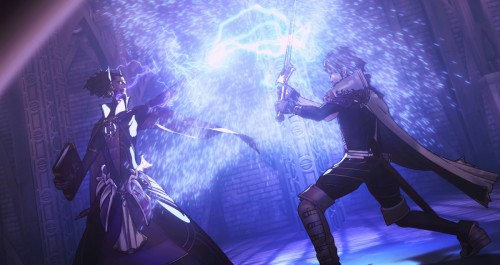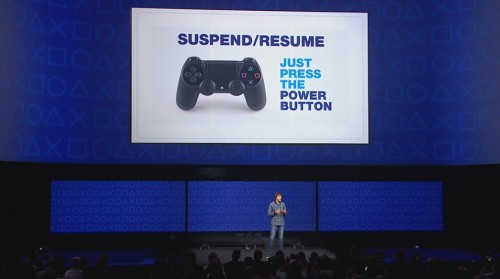In a year that’s already showing signs of being a vintage one for gaming, at least compared to the disappointments of 2012, the rush for GOTY titles is going to be fierce. We’ve already had two prime candidates in BioShock Infinite and The Last of Us, which are probably going to clean up in December unless GTA V ends up being something special, but now that we’re past 2013’s halfway point, neither is looking like being my number one.

For the first time in years, it’s a Nintendo game that’s foremost in my thoughts. And for the first time ever, it’s a strategy RPG.
Deciding what it is that Fire Emblem Awakening does so much better than other examples of its genre, which have historically failed to excite me, is difficult. It makes great use of the 3DS hardware, for one, making subtle but pretty use of 3D and taking advantage of system features like StreetPass, while ditching the more annoying gimmicks. It seems Intelligent Systems has worked out that gyro controls break the 3DS’s banner feature before Nintendo. It’s also controlled almost entirely with the buttons, using the touchscreen mainly for information. Thank God.
It’s clearly been put together with great thought. The translation work from 8-4 is witty and full of character, from the support conversations to the quips that accompany critical hits – Frederick’s badass “Pick a god and pray!” is my favourite. The Japanese voices are there for those who prefer their European fantasy setting to have an Asian language and not match up with the translated text. There’s depth to be found in every aspect, from which characters you pair up to how you move them up and down through the classes in an attempt to create an army of supermen.
I came late to this one thanks to my 3DS packing in when I was barely 40 minutes into the campaign, but since my system returns – eight weeks later, but that’s another story – I’ve been hammering this like nothing else. It’s kept me off the new Mario & Luigi and Animal Crossing, and it’s meant my ongoing playthrough of the 50-hour Grandia has taken not the expected couple of weeks but rather two months and counting. It makes a mockery of the RPG collection that I deliberately expanded to cover the lean summer until the next generation begins that my gaming time has been monopolised so willingly by a strategy game in a series that I haven’t afforded much attention until now.
Of course, the people don’t have feet, but we can forgive it that.


 I adore the Ace Attorney series. It’s one of my favourite series on one of my favourite systems, so by default the games are up there in my favourites of all time. Some of the best writing, the
I adore the Ace Attorney series. It’s one of my favourite series on one of my favourite systems, so by default the games are up there in my favourites of all time. Some of the best writing, the 